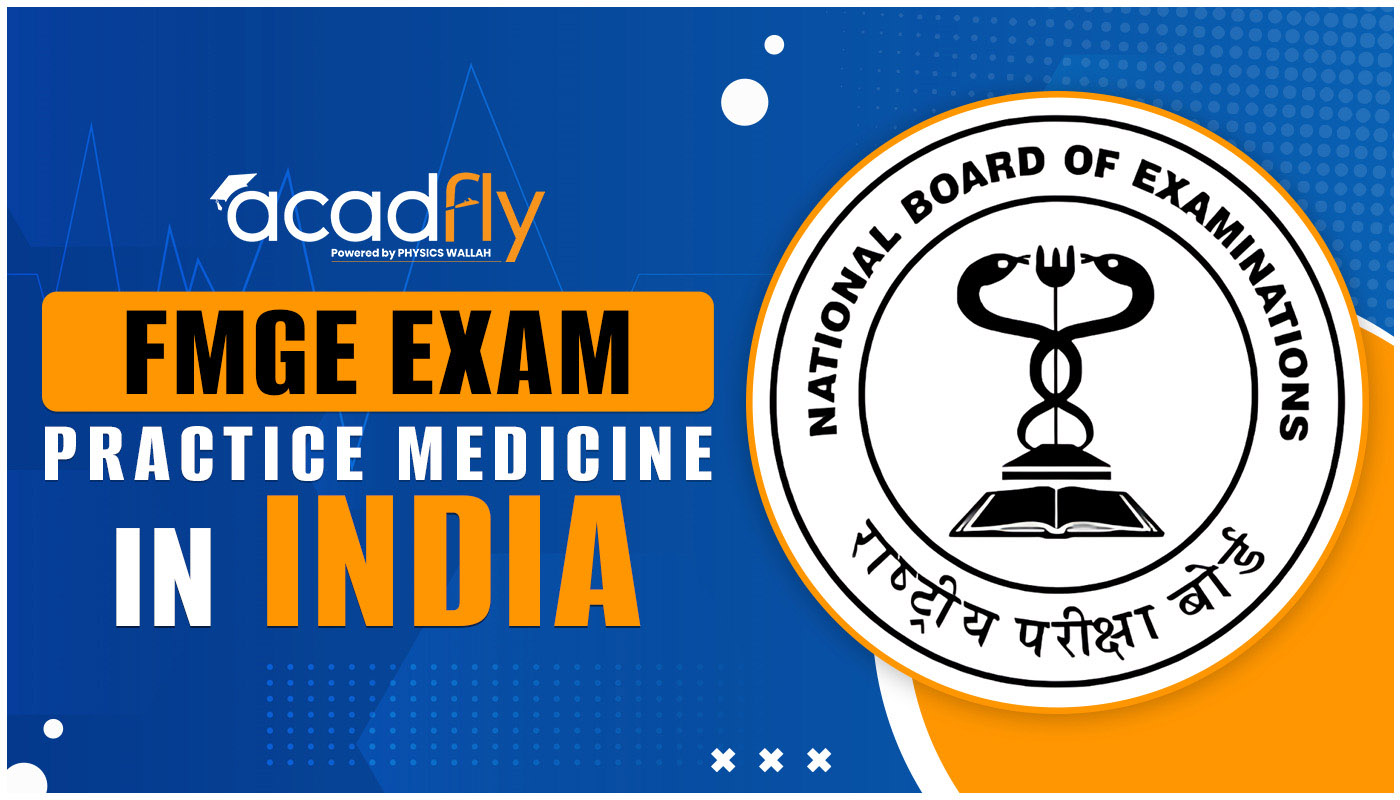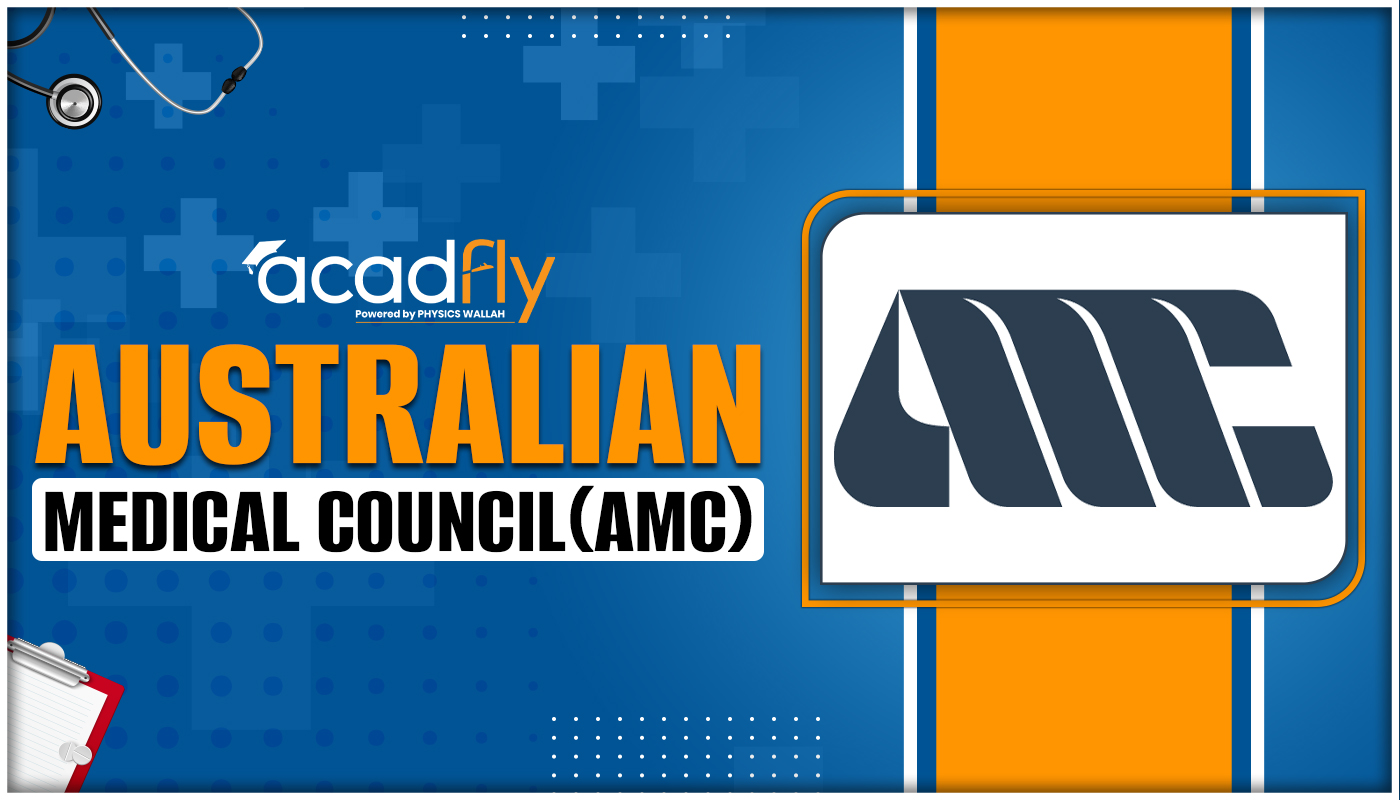
Pursuing an MBBS in the Caribbean Islands has become an increasingly popular choice for Indian students aspiring to become doctors. The Caribbean offers a unique blend of high-quality medical education, beautiful surroundings, and a vibrant cultural experience. With several reputable medical schools providing diverse MBBS programs, Indian students are drawn to the Caribbean for its relatively lenient admission requirements compared to other countries. Additionally, the region's medical universities are recognized globally, making it an attractive option for those seeking international exposure in their medical careers. As students consider their options for medical education, understanding the benefits and challenges of studying MBBS in the Caribbean Islands is crucial.
Overview of MBBS Caribbean Islands for Indian Students
The MBBS in the Caribbean Islands is gaining popularity among Indian students seeking to pursue a medical degree. These islands host several medical schools that offer recognized MBBS programs, making them an attractive destination for aspiring doctors. With a focus on practical training and modern medical practices, the Caribbean provides a unique opportunity for students to gain hands-on experience in diverse healthcare settings. This is especially appealing to Indian students who want a well-rounded education in medicine.
One of the key advantages of studying MBBS in the Caribbean is the relatively straightforward admission process. Many universities do not require students to take entrance exams like the NEET, making it easier for Indian students to enroll. Additionally, the duration of the MBBS programs in the Caribbean is typically similar to that of Indian medical schools, usually spanning five to six years. This allows students to complete their education in a reasonable timeframe while gaining essential knowledge and skills.
The cost of MBBS in the Caribbean is often more affordable compared to other Western countries. Tuition fees for medical programs in the Caribbean Islands are generally lower than in the United States or Canada, making it an economically viable option for many Indian students. Furthermore, the cost of living in several Caribbean nations is manageable, allowing students to live comfortably while pursuing their education. Scholarships and financial aid options may also be available to help reduce overall expenses.
In summary, the MBBS Caribbean Islands for Indian students presents a valuable opportunity for those looking to enter the medical field. With a strong focus on medical education and practical training, these programs prepare students for successful careers in healthcare. By understanding the benefits, costs, and unique aspects of studying MBBS in the Caribbean, Indian students can make informed decisions about their medical education journey.
Exploring Medical Education in the Caribbean
Medical education in the Caribbean has gained a reputation for its quality and accessibility, attracting students from around the globe, including India. The Caribbean offers various medical programs that are designed to meet international standards. Here are some key points to consider when exploring medical education in the Caribbean.
High-Quality Curriculum
The Caribbean medical schools provide a comprehensive curriculum that covers essential medical knowledge and clinical skills. The programs often follow the same structure as those in the United States, ensuring that students receive a globally recognized education.
Internationally Accredited Institutions
Many medical schools in the Caribbean are accredited by recognized bodies, making their degrees valid in various countries, including the United States and Canada. This accreditation helps students secure residency placements and practice licenses internationally.
Diverse Clinical Training Opportunities
Students studying medicine in the Caribbean have access to diverse clinical training environments, including hospitals and clinics in both urban and rural settings. This exposure equips students with the experience needed to tackle various healthcare challenges.
Multicultural Environment
The Caribbean Islands are known for their rich cultural diversity, creating a vibrant and inclusive environment for international students. This multicultural atmosphere allows students to interact with peers from different backgrounds, enhancing their educational experience.
Supportive Learning Environment
Caribbean medical schools often offer small class sizes, allowing for personalized attention and mentorship from faculty. This supportive learning environment fosters better student engagement and enhances academic success.
Benefits of Studying MBBS in the Caribbean
Studying MBBS in the Caribbean offers numerous benefits for aspiring medical professionals. The region is known for its high-quality medical education and diverse cultural experiences. Here are some key advantages of pursuing an MBBS degree in the Caribbean.
Simplified Admission Process
Many Caribbean medical schools have more relaxed admission criteria compared to other countries. This often means fewer requirements and no need for entrance exams, making it easier for students to gain admission.
Affordable Tuition Fees
The cost of MBBS in the Caribbean is generally lower than that in Western countries. This affordability, combined with manageable living expenses, makes studying medicine in the Caribbean a financially viable option for many Indian students.
High Standard of Medical Education
Caribbean medical schools offer a robust curriculum aligned with international standards. This ensures that students receive quality education that prepares them for medical practice in various countries.
Clinical Exposure and Training
Students in the Caribbean benefit from early and diverse clinical exposure. This hands-on training occurs in various healthcare settings, enabling students to develop practical skills essential for their future medical careers.
Pathway to the U.S. Residency
Graduates from accredited Caribbean medical schools can apply for residency programs in the United States. This opportunity allows students to advance their careers and practice medicine in a global setting.
MBBS Programs in Caribbean Islands
The Caribbean Islands offer a variety of MBBS programs that cater to the needs of international students. These programs are designed to provide quality medical education and training. Below is a table outlining some key features of notable MBBS programs in the Caribbean:
|
University |
Duration |
Specializations Offered |
Location |
|
St. George's University |
4-5 years |
Internal Medicine, Surgery, Pediatrics |
Grenada |
|
Ross University School of Medicine |
4 years |
Family Medicine, Psychiatry, Neurology |
Dominica |
|
American University of the Caribbean |
5 years |
Emergency Medicine, Obstetrics, Anesthesiology |
St. Maarten |
|
University of Medicine and Health Sciences |
4 years |
Cardiology, Radiology, Orthopedics |
St. Kitts |
|
Saba University School of Medicine |
4 years |
Public Health, Dermatology, Geriatrics |
Saba |
|
Medical University of the Americas |
4 years |
Clinical Medicine, Sports Medicine |
Belize |
|
Caribbean Medical University |
4 years |
Pediatrics, Internal Medicine, Surgery |
Curacao |
|
University of the West Indies |
5 years |
Surgery, Psychiatry, Community Health |
Jamaica |
|
University of Aruba |
4 years |
General Practice, Anesthesiology, Radiology |
Aruba |
|
University of Southern Caribbean |
4 years |
Obstetrics, Internal Medicine, Family Medicine |
Trinidad and Tobago |
Analyzing the Cost of MBBS in the Caribbean
When considering the cost of MBBS in the Caribbean, students will find that tuition fees are generally more affordable compared to many Western countries. This makes it an attractive option for Indian students looking to pursue a medical degree without incurring overwhelming debt. In addition to lower tuition, students can expect reasonable living expenses, which may include accommodation, food, and transportation. Many Caribbean nations offer a lower cost of living than countries like the United States or Canada, allowing students to manage their finances more effectively during their studies.
It's also important for students to explore various financial support options available in the Caribbean. Many medical schools offer scholarships, grants, and flexible payment plans to help ease the financial burden. Additionally, students may find part-time work opportunities in their host countries, which can further assist in covering living costs. Overall, the financial aspect of studying MBBS in the Caribbean can be manageable, making it a viable choice for aspiring medical professionals.
Frequently Asked Questions
1. What are the admission requirements for MBBS programs in the Caribbean?
2. Is medical education in the Caribbean recognized internationally?
3. What is the duration of MBBS programs in the Caribbean?
4. Are there scholarship opportunities for Indian students?
5. What is the cost of living for students in the Caribbean?










